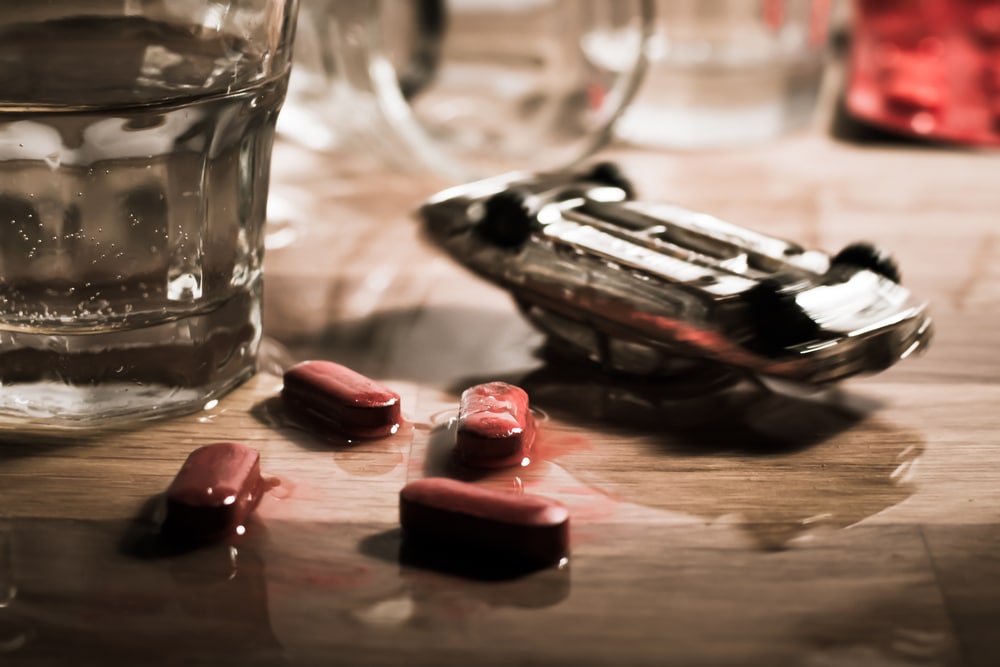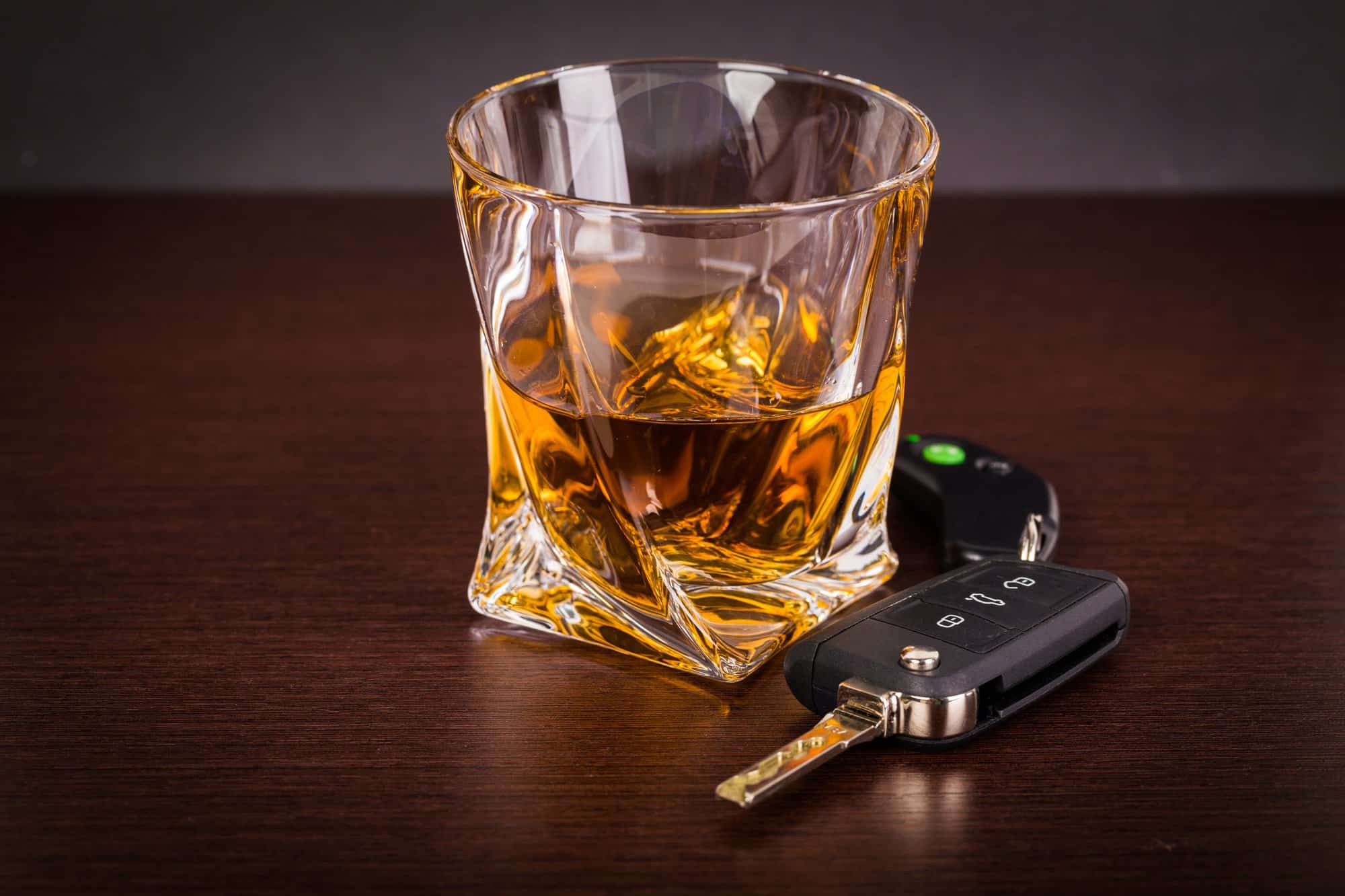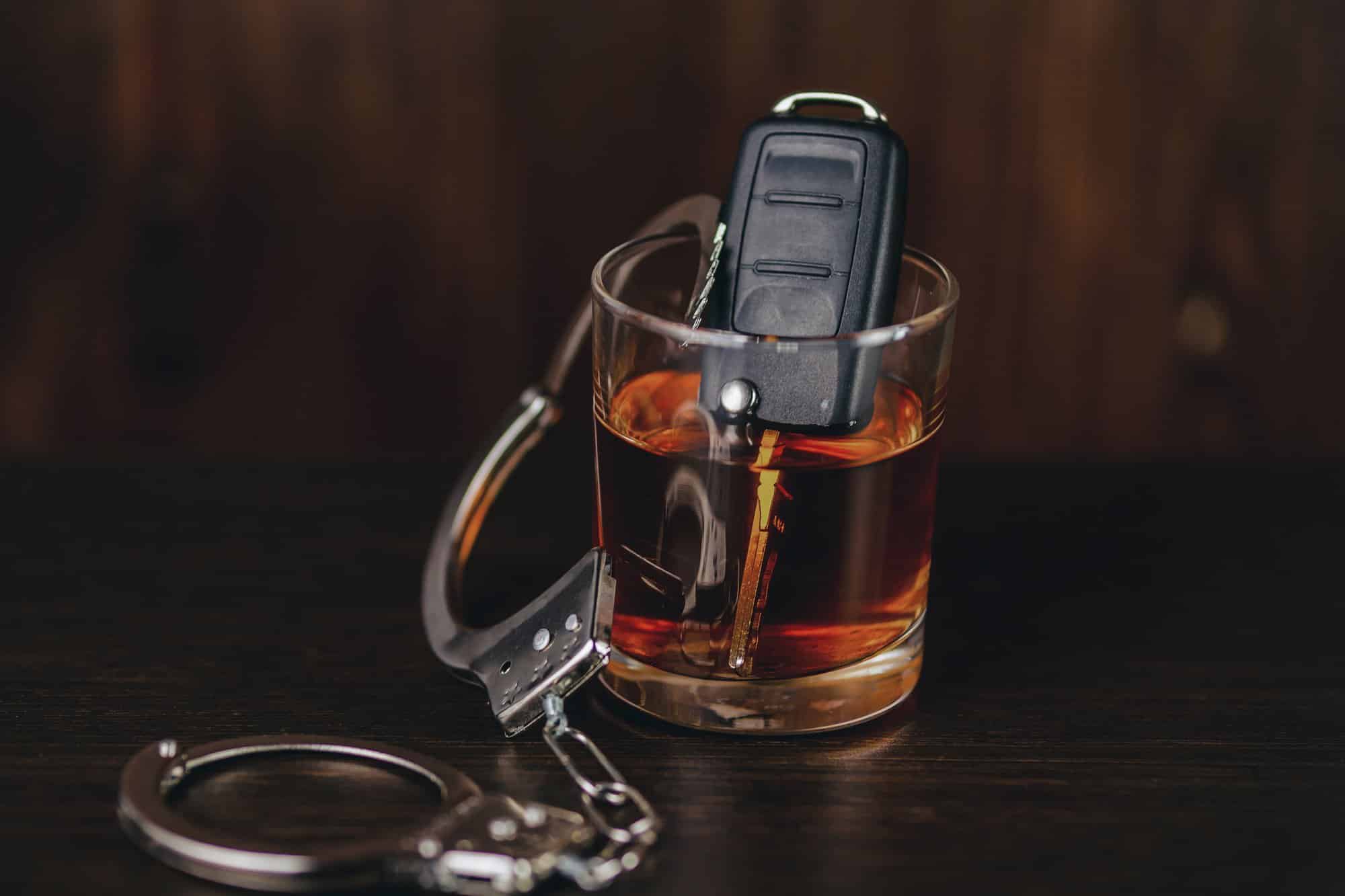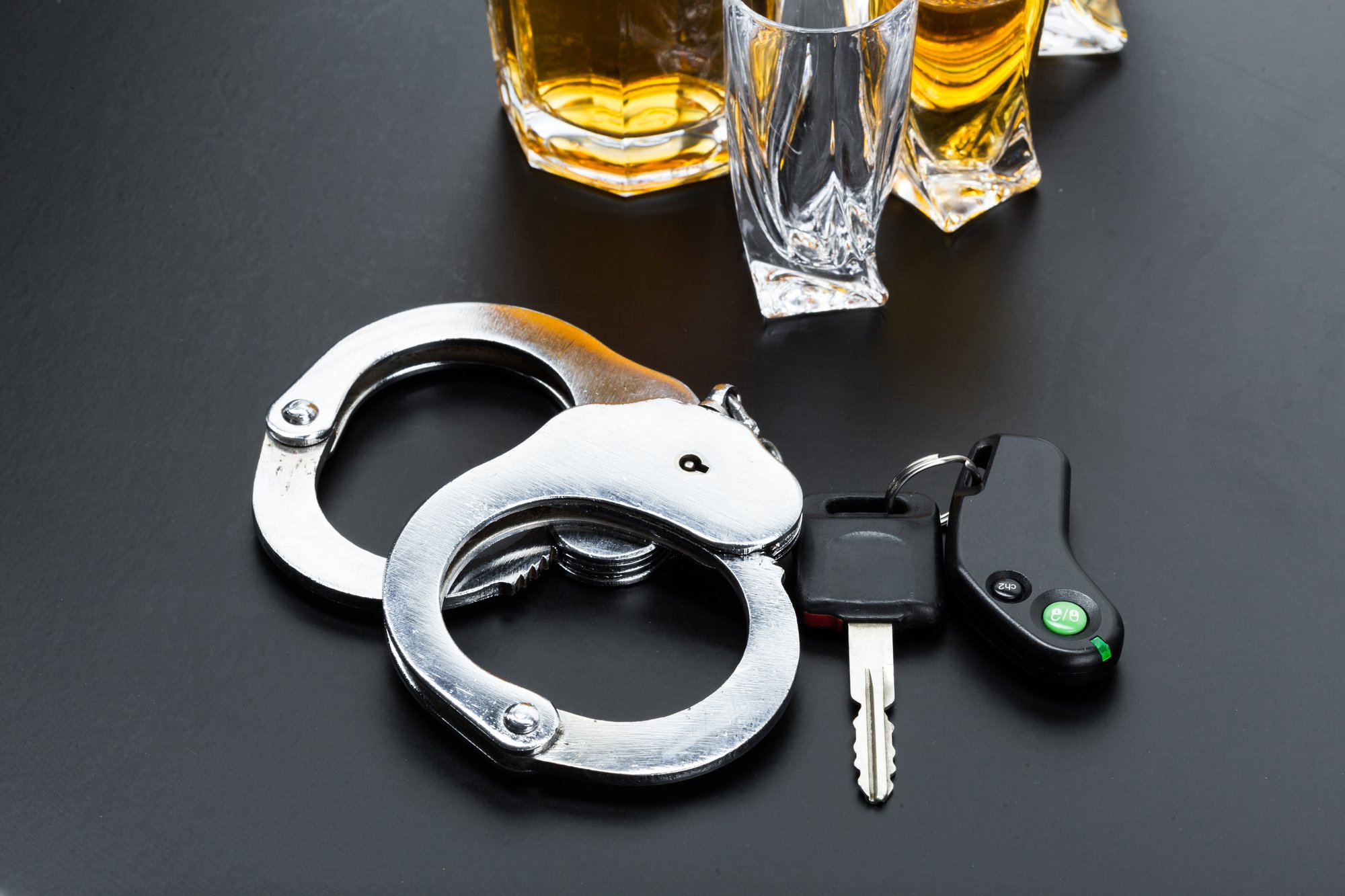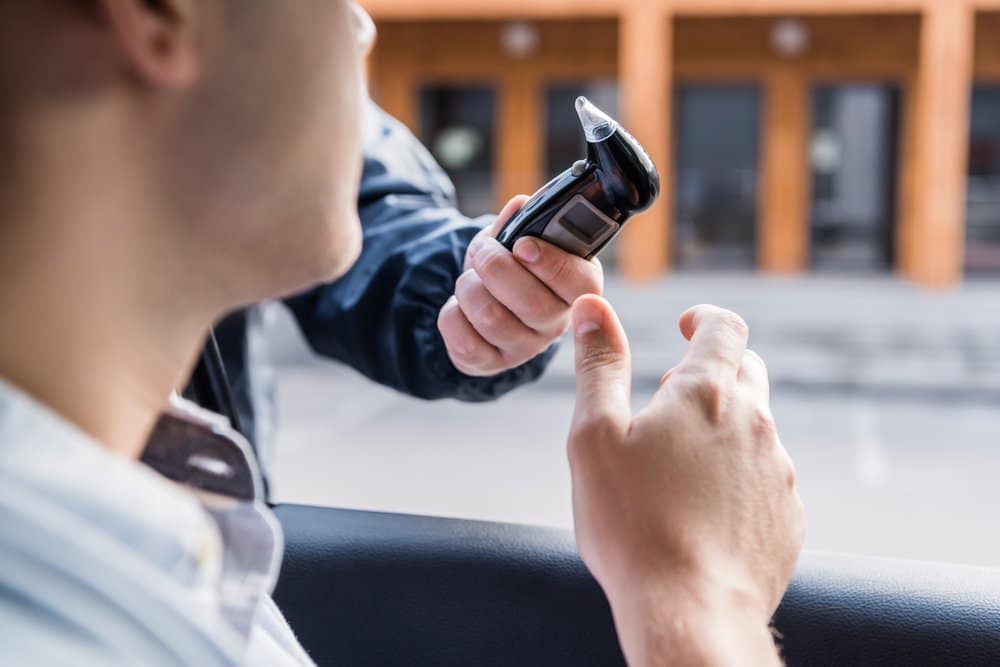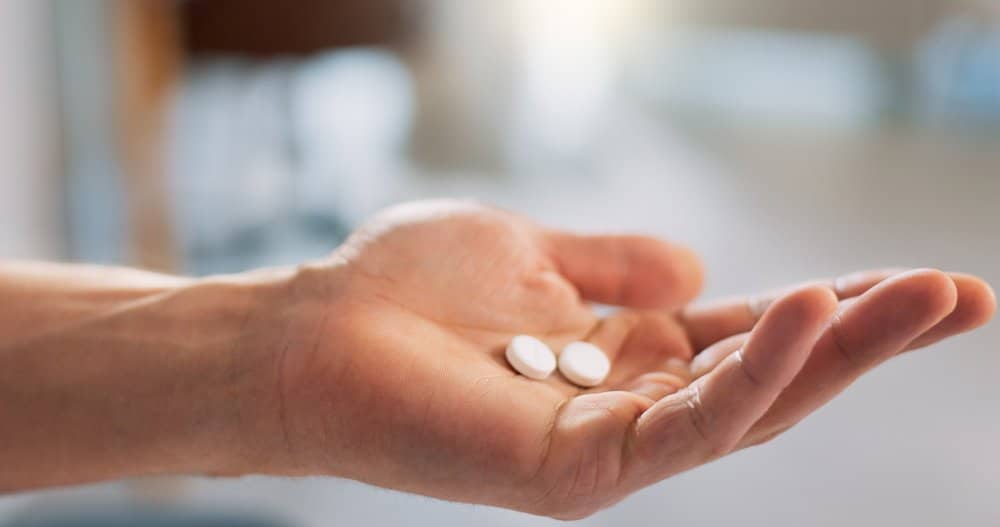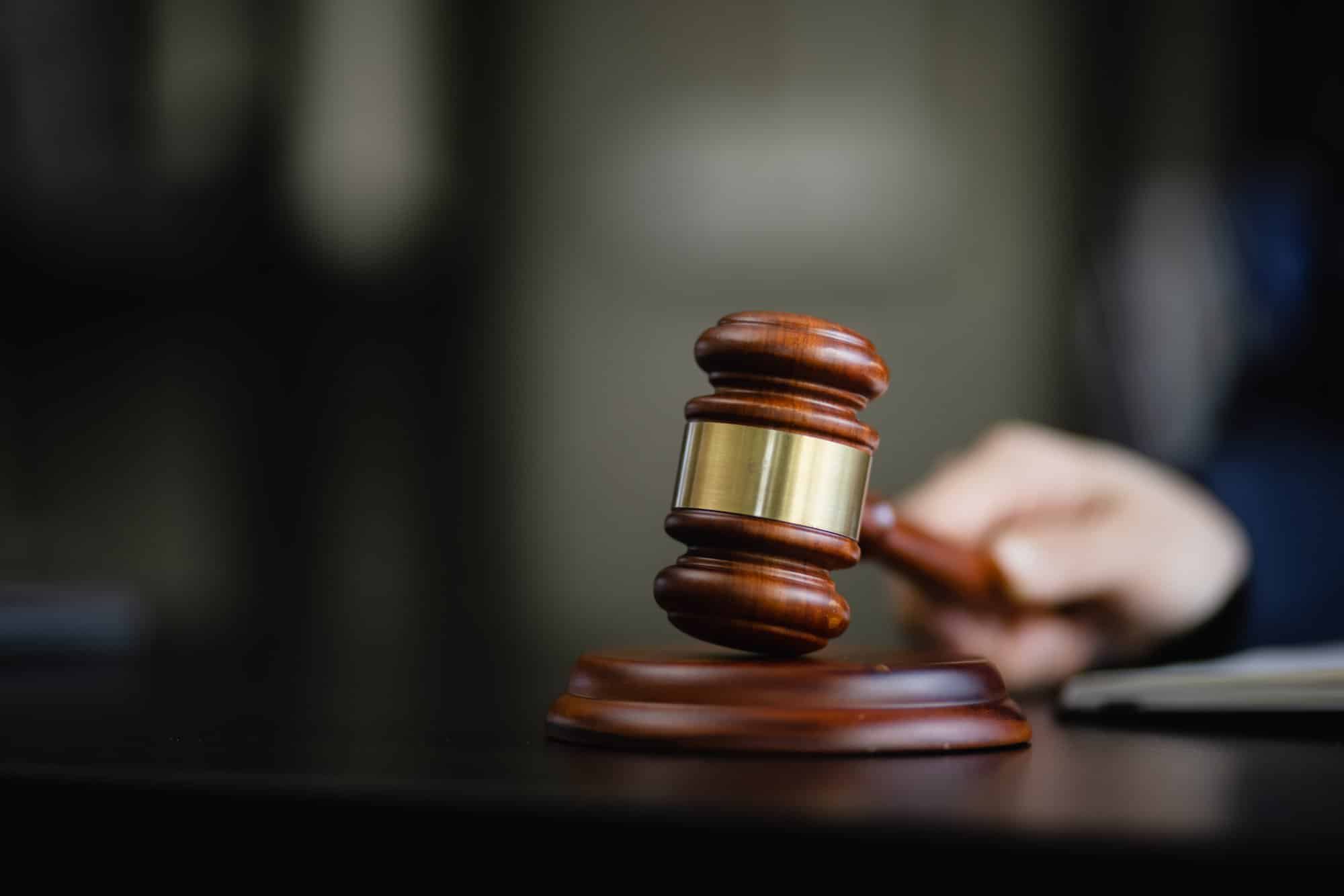Being charged with drunk driving at any age is a serious criminal offense that can result in steep consequences. However, New York State law provides distinct penalties for underage drivers who have been charged with DWIs. The Zero Tolerance Law specifies a lower blood alcohol content (BAC) threshold for drivers under 21 who operate a vehicle under the influence — and imposes unique penalties.
What is the Zero Tolerance Law?
Individuals who are under the age of 21 are not permitted to legally drink in New York and they are prohibited from driving with any amount of alcohol in their systems. Specifically, the Zero Tolerance law applies to drivers who are underage and operate a motor vehicle with a BAC of .02% to .07%. In such cases, a driver will not be charged with a DWI, but rather, they will be referred to the Department of Motor Vehicles (DMV) to determine whether their license should be suspended.
Rather than appear in criminal court before a judge, a violator of the Zero Tolerance law will be provided with notice to appear for a hearing with an administrative law judge at the DMV. At the hearing, the officer must establish that the stop was lawful, the BAC test was administered correctly, and the driver’s BAC was between .02% and .07% — or the breath test was refused. The accused may testify but they are not required to do so.
Importantly, if an underage driver’s BAC is more than .08%, they can be charged with a regular DWI. In the event their BAC is more than .05% but less than .08%, an underage driver can be charged with Driving While Ability Impaired (DWAI).
What are the Penalties for Violating New York’s Zero Tolerance Law?
An individual who has violated New York’s Zero Tolerance Law for the first time can face license suspension for six months. They can also incur a $125 civil penalty and a $100 fee to terminate the suspension. A second violation can result in license revocation for one year or until the age of 21. In such instances, a driver can incur a $125 civil penalty and a $100 re-application fee.
Critically, refusing a chemical test can also come with administrative penalties for an underage driver. Under the Zero Tolerance law, a chemical test refusal can lead to license revocation for one year, a $300 civil penalty, and a $100 re-application fee. A second or subsequent chemical test refusal can result in license revocation for at least one year, a $750 civil penalty, and a $100 re-application fee.
In cases where an underage driver is charged with a common law DWI, a conviction can result in a permanent criminal record, a year in jail, and a $1,000 fine. A driver can also face a mandatory surcharge of $400, a minimum six-month license revocation — and be required to install an interlock ignition device for one year. Similarly, for a DWAI, an underage driver can face a 90-day license suspension, 15 days in jail, and a $500 monetary fine.
Contact an Experienced New York DWI Defense Attorney
No matter what age you are, being charged with a DWI can result in serious consequences. Providing skillful advocacy and reliable representation, the DWI defense attorneys at D’Emilia Law know what it takes to build a strong defense and work diligently to achieve the best possible outcome in every case. To schedule a consultation to learn how we can help, contact us at 1-888-DEMILIA.

